Mizuno ST-Max 230 Driver Review
Driver expert Joe Ferguson takes a look at Mizuno's entry into the super stable, high MOI driver category...
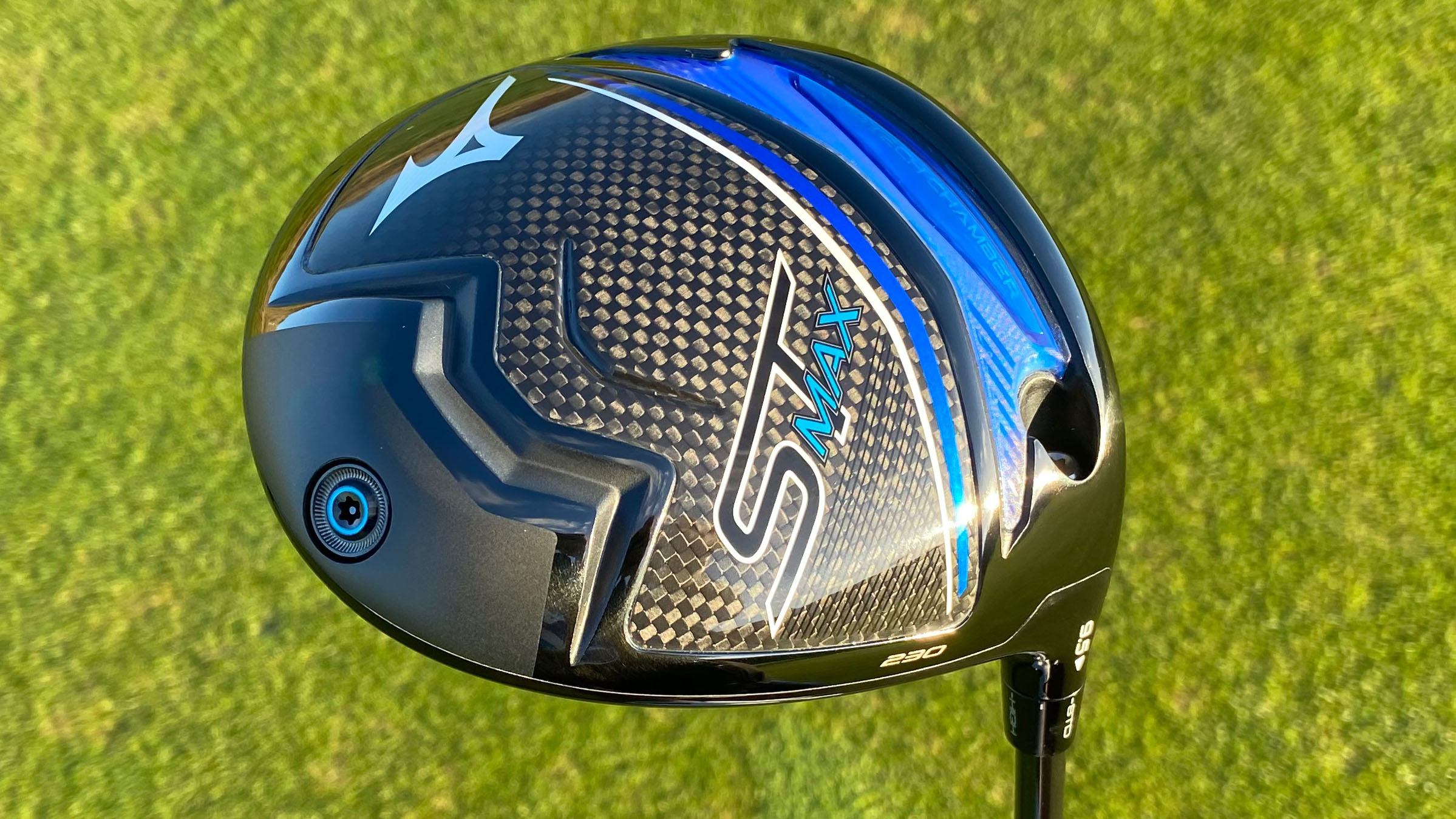
Directly competing with the TaylorMade Qi10 Max and the Ping G430 Max 10K drivers is a brave play, but Mizuno have produced a very competitive product. The classy looks will appeal to many and the sophisticated impact feel will please the purists. Spin a little higher than its competitors, but that will be music to many players' ears.
-
+
Classy looking clubhead
-
+
Nicely subdued feel at impact
-
+
Very easy to launch
-
-
Higher spin profile may limit appeal
Why you can trust Golf Monthly

2024 has been a very interesting year for driver launches. With COR having been limited for many years now, it seems that manufacturers have given up on telling us that their driver is massively longer than its competitors (at least on center strikes). Instead, the message of 2024 for the best drivers, seems to be all about forgiveness, MOI and stability.
Entering that market is the Mizuno ST-MAX 230 driver, promising to be Mizuno’s most stable driver ever. Now, if I were a suspicious man, I would be wondering whether I had a spy in my R&D department if I were running TaylorMade, Ping or Mizuno, as it seems that all three have essentially achieved the same thing in the same way!

As with the Ping G430 Max 10K and the TaylorMade Qi10 Max, Mizuno has lowered the profile of the ST-Max head to accommodate spreading and increasing the overall footprint of the driver head whilst staying within the maximum permitted 460cc head size. Once again like Ping and TaylorMade, this has allowed Mizuno to add weight in more extreme locations to increase that all important MOI number, which is essentially a measure of a clubhead's resistance to twisting. In the ST-Max 230, this takes the form of a very hefty 54 grams of internal back weighting.
Interestingly, Mizuno has chosen not to put a number on this MOI measurement whereas Ping and TaylorMade have gone as far as naming their drivers after it!
Other technology Mizuno have added in the ST-Max 230 includes a new face that it is referring to as Beta Rich Ti LFS. To simplify it somewhat, Mizuno say that it is lighter and faster than previous iterations.
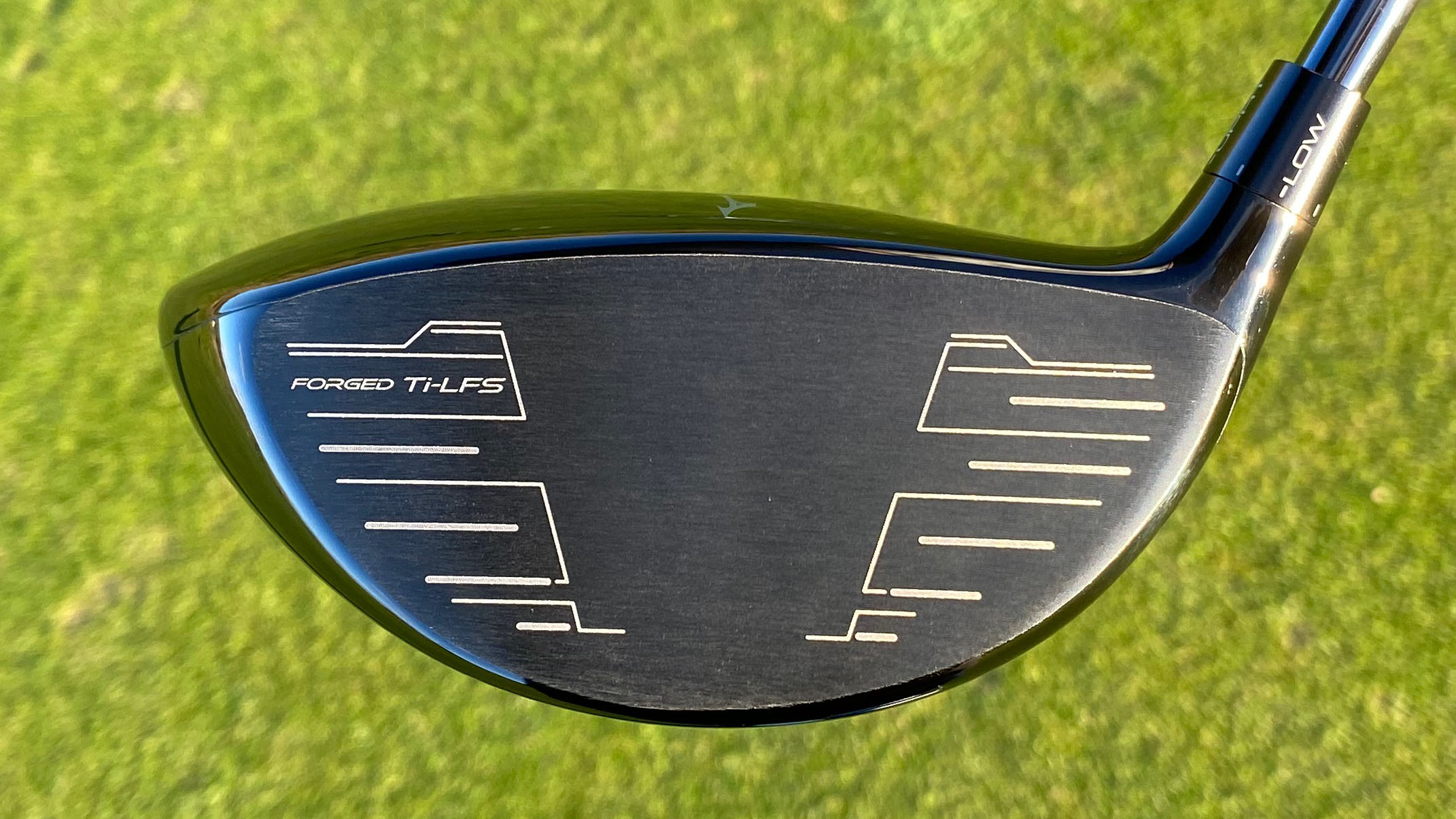
Furthermore, Mizuno has increased the standard playing length of the ST-Max 230 driver to 45.75 inches to help with the production of clubhead speed. It feels comfortable that the forgiving design of the head allows this as off center strikes should not suffer as severe punishment.
In terms of the looks, much like other drivers in the Mizuno range such as the ST-G, it is a really premium looking head. I don’t know whether it is down to the sophisticated color scheme or the materials used, but Mizuno does seem to have the knack when it comes to creating great looking driver heads.
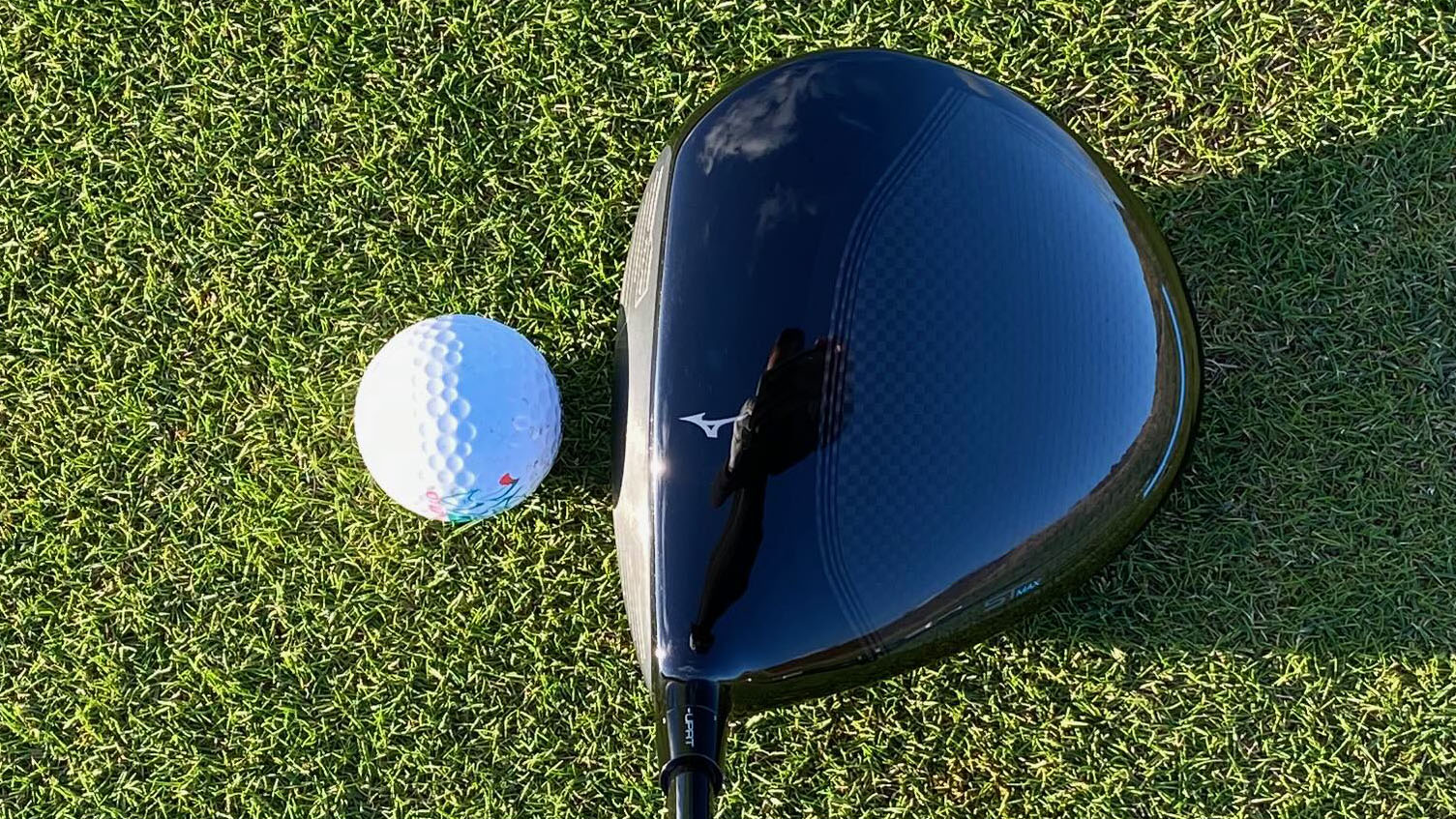
Down behind the ball, the larger profile is certainly evident, looking much bigger than its 460cc dimensions, although not as extreme as the Ping G430 Max 10K for example. The face sits very square and the additional footprint really does inspire confidence at address.
I tested the Mizuno ST-Max 230 at Saunton Golf Club, using a SkyTrak+ launch monitor and TaylorMade TP5 x golf balls.
From a feel and sound standpoint, I really like this driver. The impact feel is more subtle than some of the other most forgiving drivers on the market and the audio follows suit. Loud enough to let you know you have struck something very powerful but not so loud as to offend other range users! Somehow, impact seems to last a fraction of a second longer which is a really nice sensation.
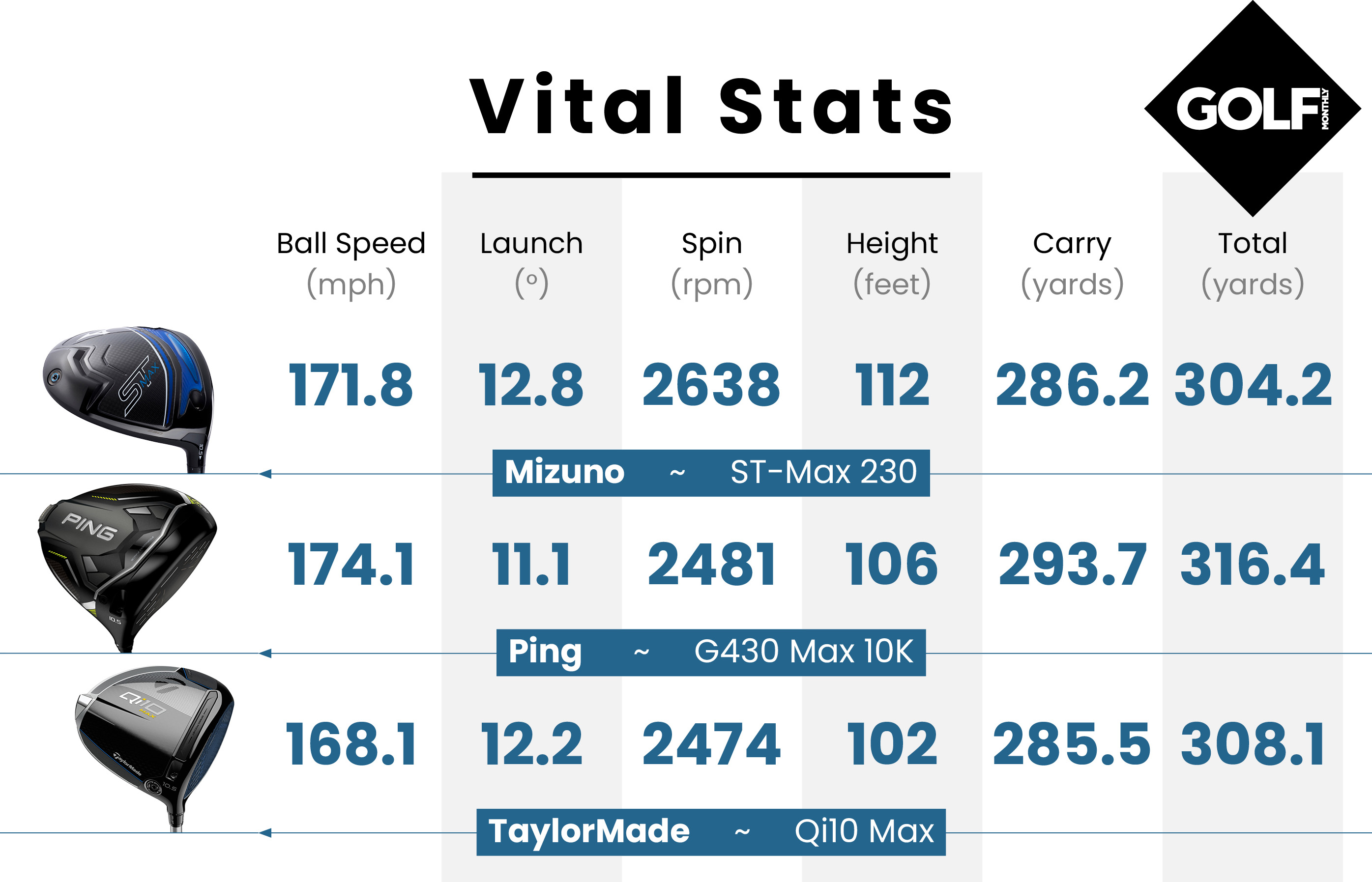
The data was interesting, with ball speed sitting almost directly between its two aforementioned main rivals. In the interests of fairness, it must be said that the TaylorMade Qi10 Max has been built as standard at 45.5 inches, which is quarter of an inch shorter than both the Mizuno and Ping equivalents which will affect clubhead speed and subsequently ball speed.
Spin rates were a little higher in the ST-Max, around 250 rpm more to be more precise, and this is very player dependent as to whether this is good or bad news, but it certainly added to the overall dispersion story, which was absurdly tight.
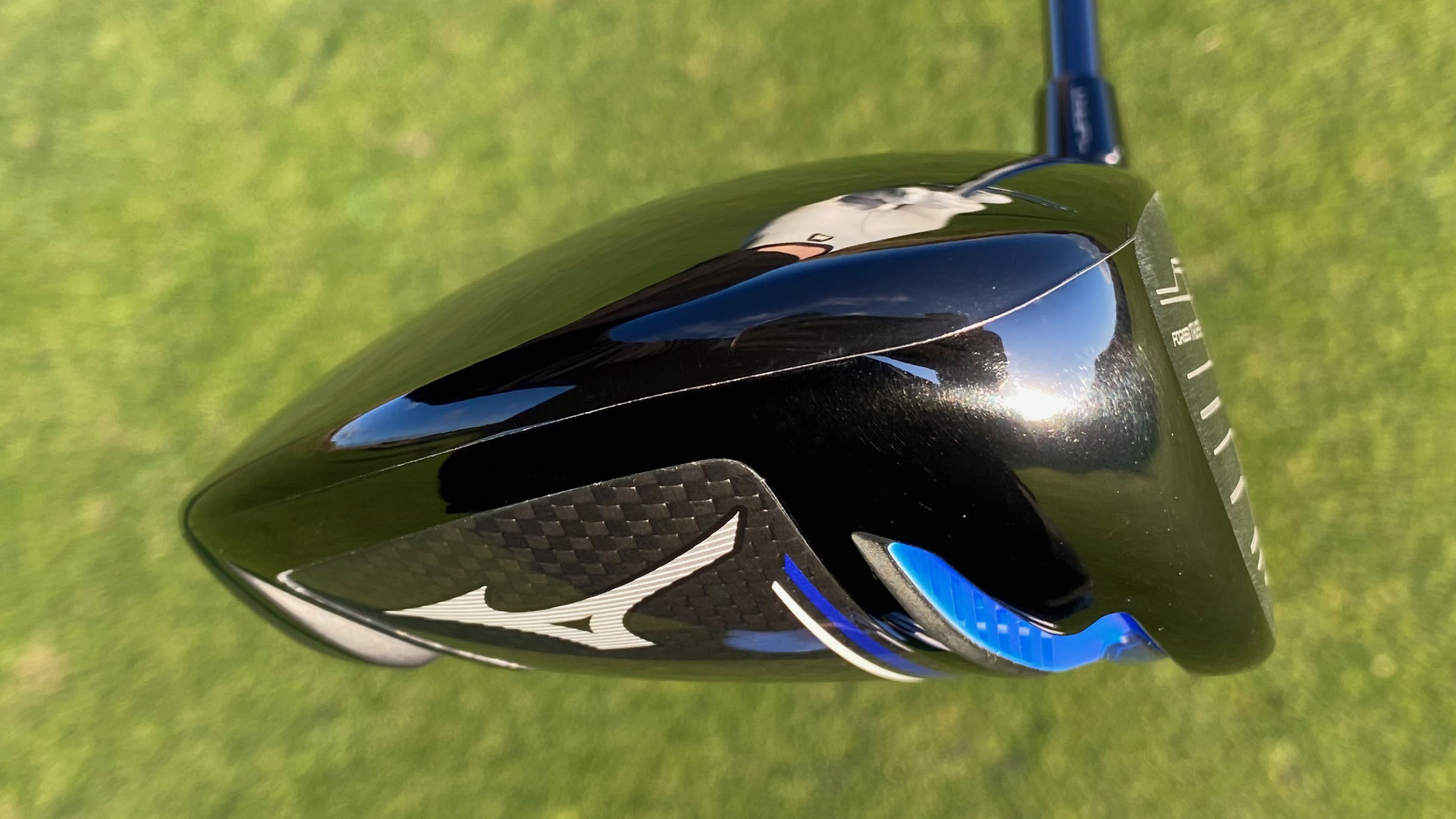
In my initial testing with the ST-Max, I set myself an imaginary fairway using flags on the outfield of the practice ground that to my eye looked around 25 yards wide. In approximately 100 shots, I only clearly missed this fairway with 11 balls! There were another 3 that were probably borderline but I gave myself the benefit of the doubt on those! An 89% fairway statistic is one I would be very happy with. Granted, this isn’t entirely reflective of course play as you get in a rhythm hitting the same shot over and over again, but you get the point.
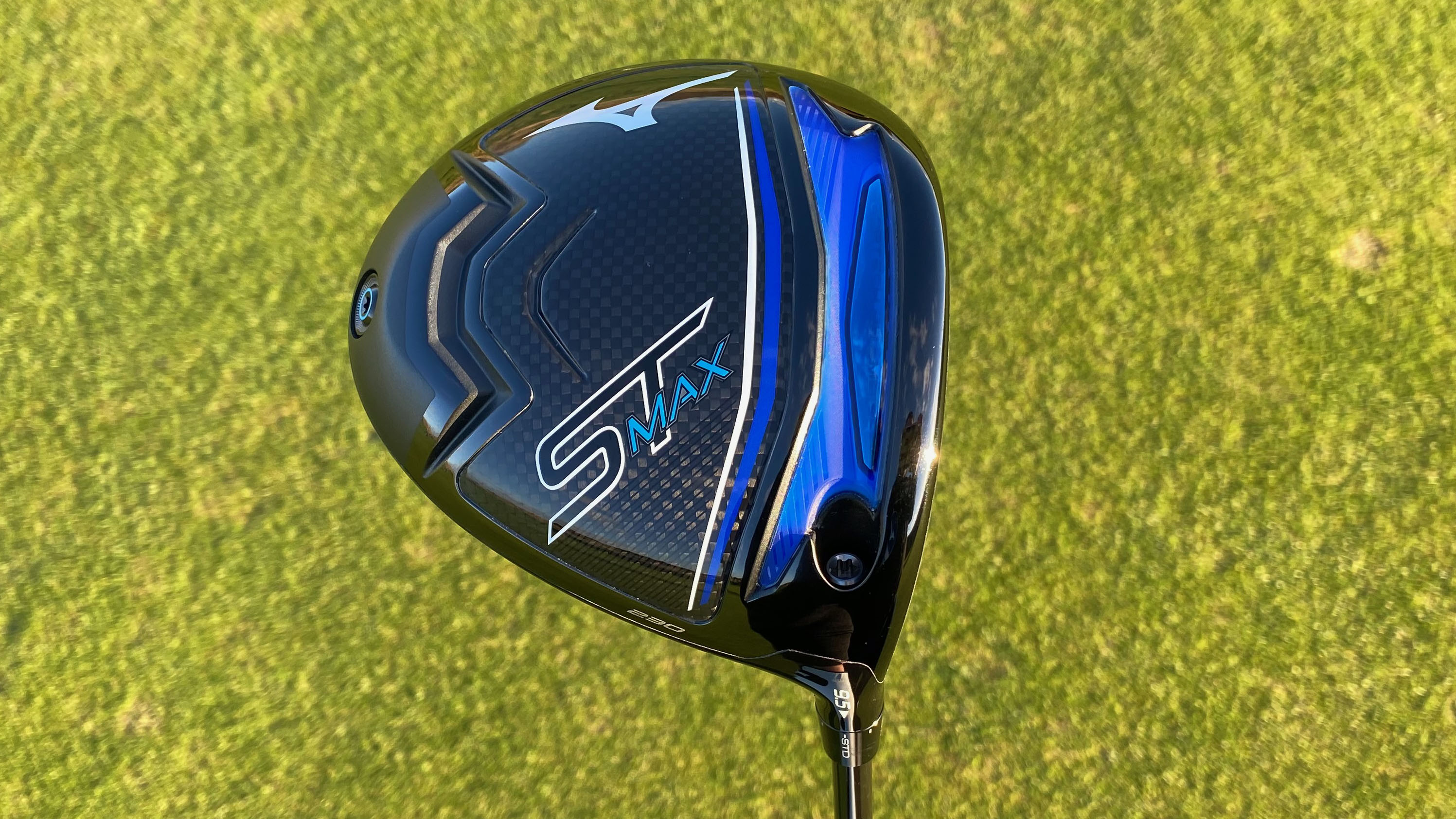
The higher spin rate did take its toll on my overall distance output which was a little way behind the Ping driver, but it could certainly still be described as competitive in the category and for someone with different speed and launch conditions to me, this added spin might actually increase distance.
The category of super stable, high MOI drivers is a very interesting one this year and the Mizuno ST-Max 230 driver should certainly be in the conversation for those shopping in this market.
The Mizuno ST-Max 230 driver retails at $500/£499, and I think this represents decent value for a very solid and great looking driver.
Get the Golf Monthly Newsletter
Subscribe to the Golf Monthly newsletter to stay up to date with all the latest tour news, equipment news, reviews, head-to-heads and buyer’s guides from our team of experienced experts.

Joe has worked in the golf industry for nearly 20 years in a variety of roles. After a successful amateur career being involved in England squads at every age group, Joe completed his PGA degree qualification in 2014 as one of the top ten graduates in his training year and subsequently went on to become Head PGA Professional at Ryder Cup venue The Celtic Manor Resort. Equipment has always been a huge passion of Joe’s, and during his time at Celtic Manor, he headed up the National Fitting Centres for both Titleist and Taylormade. He’s excited to bring his knowledge of hardware to Golf Monthly in the form of equipment reviews and buying advice.
Joe lives in North Devon and still plays sporadically on the PGA West region circuit. His best round in recent years came earlier in 2023 where he managed a 9 under par 63 at Trevose GC in a Devon & Cornwall PGA Tournament.
Joe's current What's In The Bag?
Driver: Switch between TaylorMade Qi35 and Callaway Elyte TD - both with Fujikura Ventus Black 6-X
Fairway wood 1: TaylorMade BRNR Copper Mini Driver - Fujikura Ventus Black 7-X
Fairway wood 2: Callaway Apex UW 17˚- Fujikura Ventus Black 9-X
Irons: TaylorMade P7CB 3-PW with Dynamic Gold Tour Issue X100 shafts
Wedges: Callaway Opus 50, 54, and 60 degrees - Project X LS 6.0 shafts
Putter: LAB Golf Oz.1 (zero shaft lean)
Ball: TaylorMade 2024 TP5x
Grips: Golf Pride Tour Velvet 60R
Bag: Vessel Player IV Pro DXR Stand
-
 Why Justin Rose Didn’t Join LIV Golf
Why Justin Rose Didn’t Join LIV GolfJustin Rose looked at the possibility of joining LIV Golf before opting against a move
By Mike Hall Published
-
 What Went Wrong For Rory McIlroy At The Masters
What Went Wrong For Rory McIlroy At The MastersMcIlroy dropped four strokes in three holes to almost play himself out of the tournament on Thursday evening
By Elliott Heath Published
-
 Rory McIlroy Skips Media After Late Masters Collapse
Rory McIlroy Skips Media After Late Masters CollapseRory McIlroy skipped talking to the media after his Masters first round
By Mike Hall Published